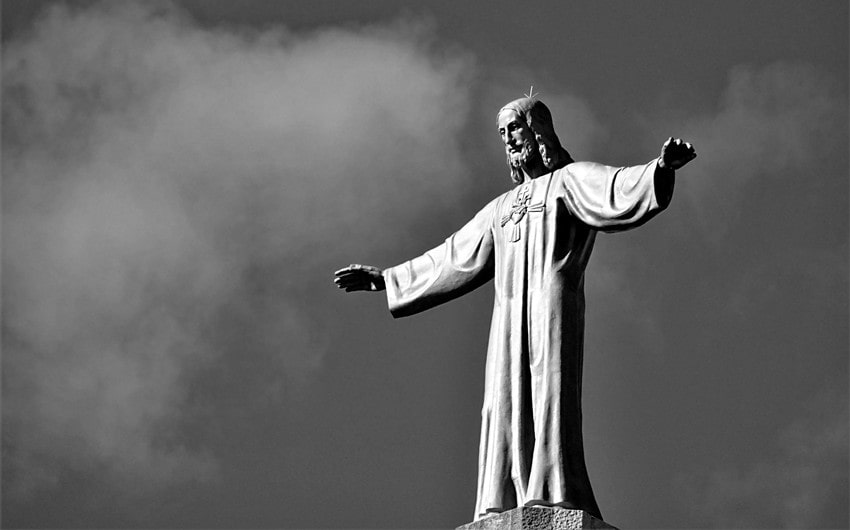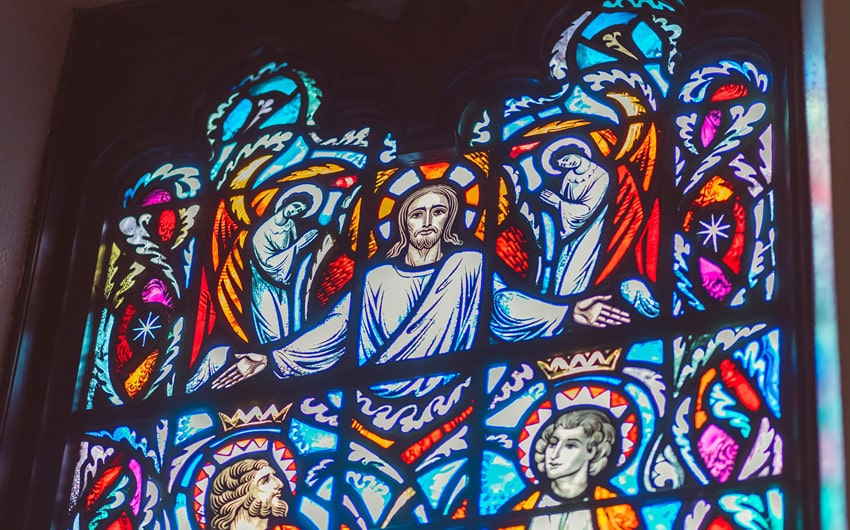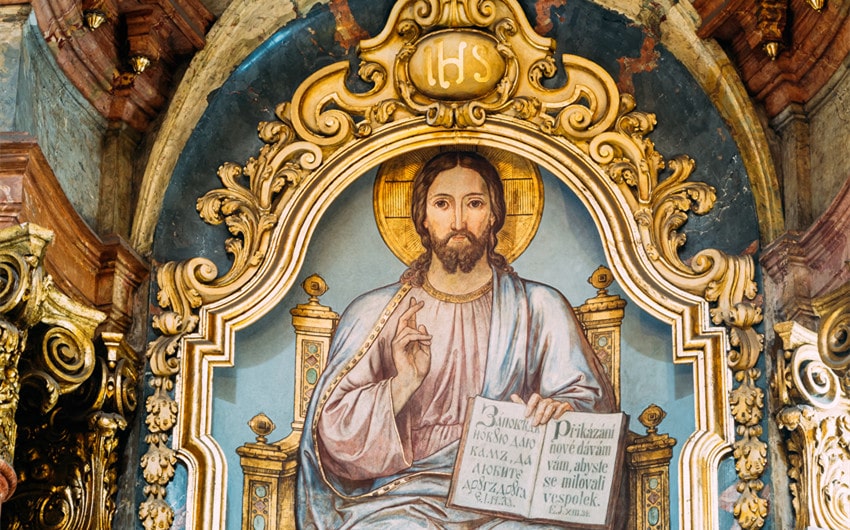Exploring the Question: Did Jesus Have Brothers and Sisters?
Did Jesus have brothers and sisters? This question has intrigued believers and scholars for centuries. The Bible mentions names like James, Joseph, Simon, and Judas as Jesus’ brothers, along with references to His sisters. These passages spark debate about whether they were His biological siblings, cousins, or step-siblings.
Understanding the family dynamics of Jesus can give us deeper insight into His life and the cultural context of His time. In this article, we will explore biblical references and various interpretations to provide a clearer picture of Jesus’ family.
Did Jesus Have Brothers and Sisters?

Yes, according to the Bible, Jesus had brothers and sisters. The Bible contains several references to Jesus’ siblings, which have led to various interpretations and discussions about His family dynamics. These references are found in the Gospels and other New Testament writings, providing insight into the possible existence of Jesus’ brothers and sisters.
Mentions in the Gospels
Matthew 13:55-56: “Isn’t this the carpenter’s son? Isn’t his mother’s name Mary, and aren’t his brothers James, Joseph, Simon, and Judas? Aren’t all his sisters with us? Where then did this man get all these things?”
In this passage, the people of Jesus’ hometown, Nazareth, question His wisdom and miracles, pointing out His family members whom they know well. The names of Jesus’ brothers are listed, and there is also a mention of sisters, indicating that Jesus had multiple siblings.
Mark 6:3: “Isn’t this the carpenter? Isn’t this Mary’s son and the brother of James, Joseph, Judas, and Simon? Aren’t his sisters here with us?” This verse mirrors the passage in Matthew, again listing Jesus’ brothers by name and referring to His sisters. The repetition of this information in two Gospels reinforces the idea that Jesus had a family with multiple siblings.
These passages come from accounts of Jesus’ visit to His hometown, where He faces skepticism from the people who knew Him growing up. The mention of His family members serves to highlight the ordinary background from which Jesus came, emphasizing the contrast with His extraordinary ministry. The casual mention of His siblings in these contexts suggests that the existence of His brothers and sisters was common knowledge among the people.
Other New Testament References
Galatians 1:19: “I saw none of the other apostles—only James, the Lord’s brother.” In this letter, Paul refers to James as the brother of Jesus, indicating a familial relationship. This James is often identified as James the Just, a leader in the early Christian church and author of the Epistle of James.
1 Corinthians 9:5: “Don’t we have the right to take a believing wife along with us, as do the other apostles and the Lord’s brothers and Cephas?” Here, Paul mentions “the Lord’s brothers” alongside the apostles, suggesting that Jesus’ brothers were active in the early Christian community. This reference implies that they were known figures within the church.
Paul’s letters provide additional evidence that Jesus had brothers who were involved in the early church. The references to Jesus’ brothers in these letters support the notion that they were recognized leaders and respected members of the Christian community. The term “brother” in these contexts is generally understood to mean a close familial relationship, reinforcing the idea that Jesus had biological siblings.
How Are “Brothers” and “Sisters” Interpreted?

The terms “brothers” and “sisters” used in reference to Jesus’ siblings have been interpreted in various ways within Christian traditions. These interpretations reflect different theological understandings and historical contexts.
1. Biological Siblings
One common interpretation is that the “brothers” and “sisters” mentioned in the Bible are Jesus’ biological siblings, born to Mary and Joseph after Jesus. This view is particularly prevalent in many Protestant traditions.
The plain reading of passages such as Matthew 13:55-56 and Mark 6:3 suggests a straightforward understanding: Jesus had brothers named James, Joseph, Simon, and Judas, and He also had sisters. Supporters of this view argue that there is no compelling reason to reinterpret the Greek words “adelphos” (brother) and “adelphe” (sister) to mean anything other than biological siblings.
2. Cousins or Close Relatives
Another interpretation, supported by Catholic and Eastern Orthodox traditions, is that “brothers” and “sisters” actually refer to Jesus’ cousins or other close relatives. This interpretation hinges on the understanding of the Greek words and the cultural context in which they were used.
In ancient Hebrew and Aramaic, the languages spoken by Jesus and His contemporaries, there were no specific words for “cousin,” and close relatives were often referred to as “brothers” and “sisters.”
For example, the term “adelphos” in Greek can mean a range of familial relationships, not strictly limited to siblings. This view is often linked to the doctrine of the perpetual virginity of Mary, which holds that Mary remained a virgin for her entire life, thus implying that Jesus had no biological siblings born from Mary.
3. Step-Siblings from Joseph’s Previous Marriage
A third interpretation suggests that the “brothers” and “sisters” of Jesus were Joseph’s children from a previous marriage. This view is less commonly held but has historical support from some early Christian writings and traditions. According to this perspective, Joseph was a widower with children when he married Mary, making these children Jesus’ step-siblings.
This explanation aligns with the belief in Mary’s perpetual virginity, as it allows for the existence of Jesus’ siblings without them being Mary’s biological children. Early church writings, such as those by Epiphanius of Salamis and others, suggest that Joseph was significantly older than Mary and had children from a prior marriage.
4. Jesus’ Broader Definition of Family
Jesus also expanded the definition of His family beyond biological or legal ties, emphasizing a spiritual connection based on obedience to God. In Matthew 12:46-50, Jesus says, “Who is my mother, and who are my brothers?” Pointing to His disciples, He says, “Here are my mother and my brothers. For whoever does the will of my Father in heaven is my brother and sister and mother.”
This statement highlights that spiritual kinship in the kingdom of God is based on doing God’s will, not merely on familial relationships. Jesus’ emphasis on spiritual family underscores the inclusive nature of His message and the importance of faith and obedience in defining true kinship.







